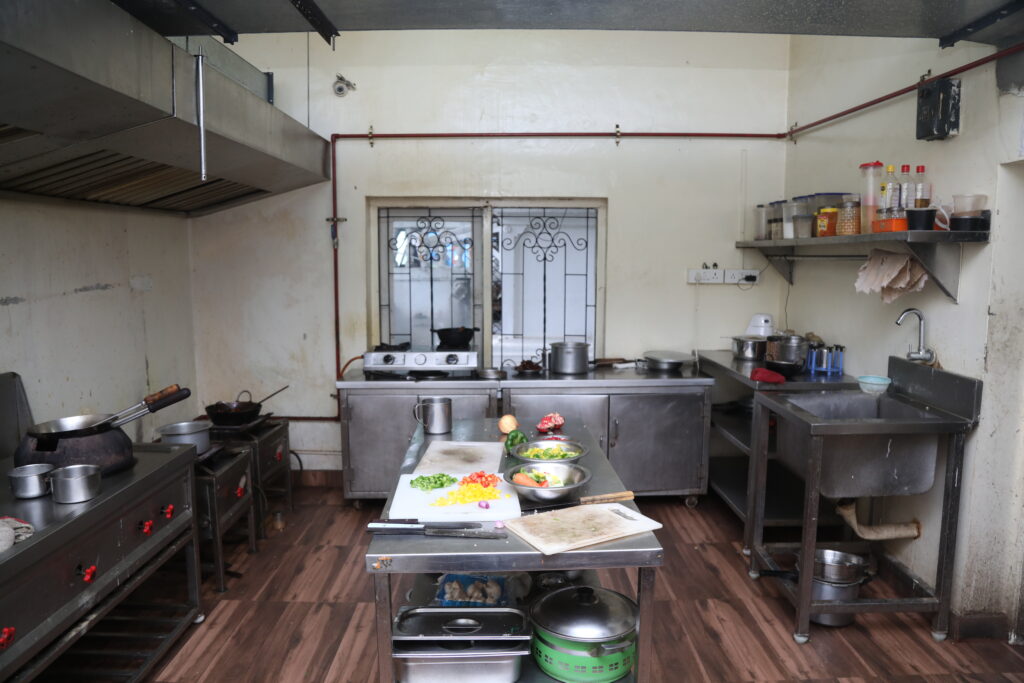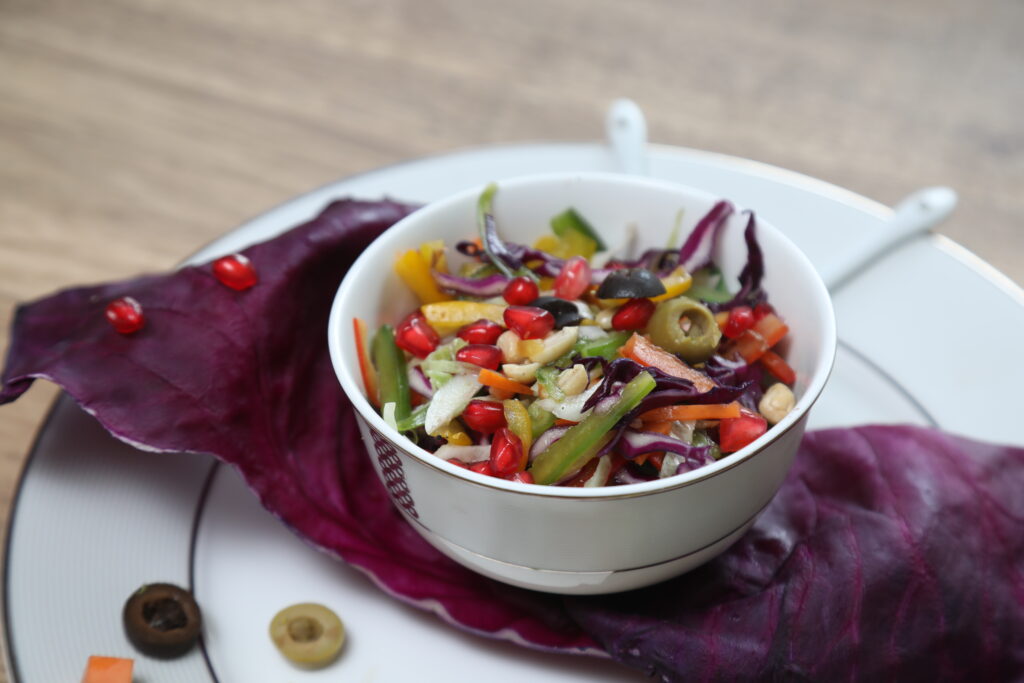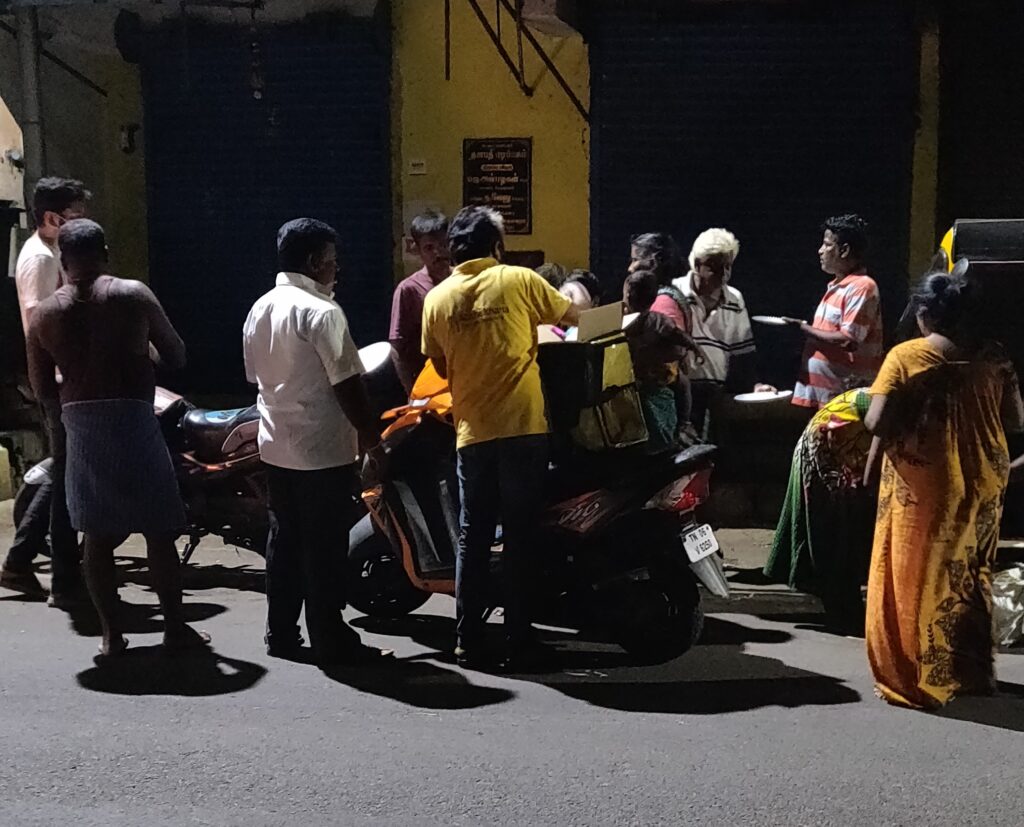We believe in a symbiotic relationship with all our kitchens/ Caterers
Aasish Nahar
For those of you who are away from home during the pandemic and are craving for ‘ghar ka khana,’ Atithi Khana is your ticket to paradise. With pocket-friendly alternatives, this company works like Swiggy and Zomato, but focuses upon caterers/ kitchens to be their clientele. Having a menu that changes on a daily basis and offering tiffin services at Adyar, Besant Nagar, T Nagar, Nungambakkam and Mount Road, among others, they have also been featured in renowned media houses like The Indian Express, The Hindu, Times of India and a few others.
From having pursued Mechanical Engineering, what made you change your mind to start a food business of your own?
Science was always a subject that interested me and that made me choose Engineering. As for business, it has always been in the bloodline. Once I graduated, I wanted to get a hands-on experience of how companies functioned. This intrigued me to build a start-up of my own. After my learning period of 2 years, I decided to pursue my passion and explored it further. After 3 months of extensive research, food seemed a viable option with the possibility for me to grow. Initially, I didn’t have a team, but it was my confidence and faith that helped me kickstart my career.




How do you bifurcate yourself from companies like Tiny Owl, Swiggy and Zomato?
When we started as a food distributor, my other competitors were previously working with hotels and restaurants. There was no amount of focus towards other sectors like caterers/ Home Kitchens. We struck a balance and started working with just 2 kitchens. We have always valued food which comes from the right people.
What does the process of choosing caterers look like, in your company?
We identify kitchens/ Caterers, while some reach out to us too. Right after, we try and understand who they are and what their workspaces look like. Furthermore, questions like, ‘For, how long have they been doing it?’ ‘Are they doing it for additional income?’ help us come to a conclusion. After analyzing their responses, we make a visit to their kitchen, perform food tasting, check for hygiene & safety standards, formalize a menu, negotiate, look in the documents and begin working. We believe in a symbiotic relationship with all our kitchens/ Caterers.
During the initial stages of the lockdown, what were the challenges that you faced?
The lockdown proved to be a huge hurdle for our business since most of our customers hailed from a corporate background. Everyone was working from home and it felt like we were starting from scratch again. We entrusted our services and our kitchens, which became the sole reason for our B2C orders to increase. We provided vegetables & fruits and with the maximum support that we received, we were able to sustain.
From the ‘Farm to Home’ selection of fresh fruits and vegetables, how do you source your ingredients?
The ‘Farm to Home’ concept is where we work with farms lying on the outskirts of Chennai. Districts like Ponneri and Tindivanam are our major sources of vegetables. If we came across an unavailability, we sourced them from local markets. We also run a tight quality check and then supply it to our customers. And, if any one product is damaged or defected, they are removed then and there. To increase awareness, we came up with Cut Vegetables, Cut Keerai and a Cut Combo Pack which included Biryani, Fried Rice and Sambhar, wherein, the veggies are washed, dried, peeled and then cut into respective shapes.


During the lockdown, we have seen you do some good deeds by helping around 1, 500+ homeless people. How did you manage to carry it out?
It was a very noble idea which was brought to us by one of our customers. We started from there and consistently went around serving hundreds of people on the streets, for close to 30 days. A lot of people supported us by joining in and a few supported us by contributing to the cause. It felt wholesome, for us to impact so many people through this cause.


Since you serve companies, how did the ‘WFH phase’ affect your clientele base?
As mentioned above, the WFH phase has definitely affected our business at a huge level. We see the trend to continue until the major population doesn’t get vaccinated.
Even though you focus upon the business models brought in by Swiggy and Zomato, do you plan on expanding with caterers, rather than the ones on the website?
The idea remains the same from a consumer’s perspective who is ordering food. But the approach and with the way you want it to work is completely different. We will continue working with kitchens/ Caterers in different areas and serve freshly cooked food from home to people who do not have the accessibility.
With the ideation of DIY boxes, did you plan on delivering to people and sort their cravings while they sat at home?
DIY boxes were a huge hit. It was a product of ID and this way; families could come together and cook with their loved ones. It initially took some time to make people understand the concept, but then it gradually picked up.
Have you considered the idea of raising awareness through campaigns or setting up free stalls in slum areas for the rural poor and distribute food?
We have always supported noble initiatives and deeds throughout our journey. If given an opportunity, we would.

